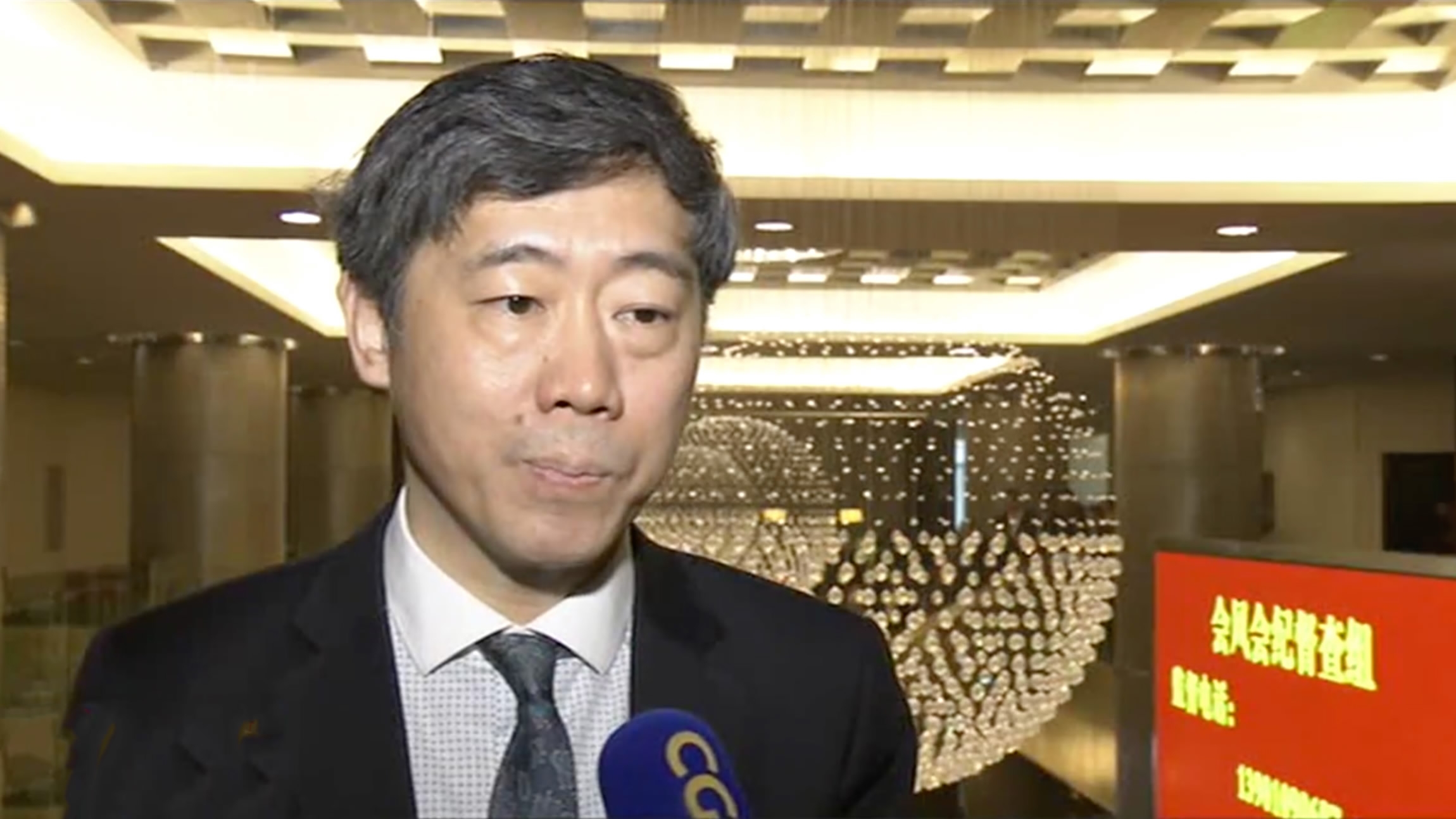
Politics
20:56, 14-Mar-2018
Political advisors weigh in on institutional reform plan
By Wang Hui

China has unveiled a plan for State Council institutional reform, which aims to make the government better structured, more efficient, and service-oriented.
The plan will be submitted to the ongoing first session of the 13th National People's Congress, the top legislature, for deliberation.
Under the draft plan, the State Council will comprise 26 ministries and commissions. Some of these will be brand new, such as the ministries of Natural Resources, Ecological Environment, and Agriculture & Rural Areas. Meanwhile, ones that are deemed redundant -- such as Environmental Protection, and Land & Resources -- will be abolished.
Vivian Jiang, CPPCC member from the non-partisan league and the deputy CEO of Deloitte China, believes this will create a better business environment, saying, “It consolidates a lot of departments, and also it aligns a lot of departments with similar functions. These functions may add some layers of approvals, sometimes, because of different departments, they have different interests. So it actually increases the cost of doing businesses. ”
Li Daokui, a renowned economist in China, points out two features of this reform.
“This round of reform upgrades the role of government’s regulatory power, for example, [concerning] anti-trust. Second, it enhances China’s relationship with the world. There will an agency in charge of international collaboration, such as the Belt and Road Initiative. ”
One of the new departments under the plan is a state immigration administration.
“When the country continues opening up, there are many people who find the Chinese market very attractive, so they are willing to spend time study or work in this country. In past, we don’t have consistent immigration policy, or working process, so it does impede some people coming in a speedy way," said Jiang.
This will be the eighth major reform of China’s governmental institutions, since it has launched its opening up policy. Since 1982, the country has made big changes about once every five years. After the last major reform in 2013, the State Council is today composed of 25 ministries and commissions. National legislators will vote on the draft plan on Saturday.
4km

SITEMAP
Copyright © 2018 CGTN. Beijing ICP prepared NO.16065310-3
Copyright © 2018 CGTN. Beijing ICP prepared NO.16065310-3